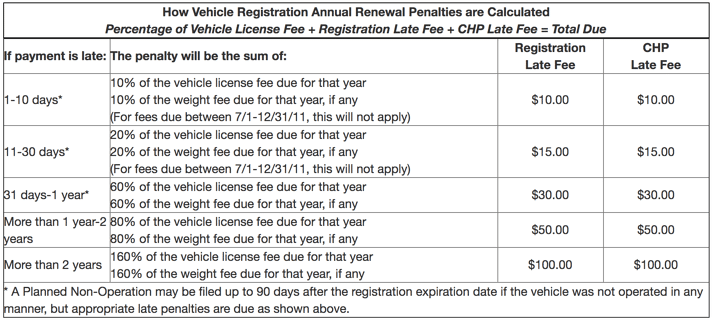Staying on top of your car registration is crucial for safe and legal driving. Your registration acts as proof that your vehicle meets safety and emissions standards, and it allows you to legally operate your car on public roads. However, many drivers wonder about the exact timing of their registration expiration. Does car registration expire at the end of the month? The answer isn’t always straightforward, as renewal cycles vary depending on your state.
This article will delve into the intricacies of car registration expiration dates, providing you with a comprehensive understanding of how they work and the potential consequences of letting your registration lapse. We’ll explore state-specific renewal cycles, highlight the importance of checking your vehicle registration documents, and outline the legal ramifications of driving with an expired registration. By following the information presented here, you can ensure that your car registration is always current and avoid any unnecessary fines or penalties.
Car Registration Expiration Dates
Car registration expiration dates are set by individual states and typically fall within a specific timeframe each year. While some states may have annual renewal cycles, others operate on a monthly or bi-annual basis. The exact date your registration expires will be clearly indicated on your vehicle registration card. It’s essential to note that these dates are not always tied to calendar months; they can vary depending on the state’s regulations and the initial registration date of your vehicle.
Understanding your state’s specific renewal cycle is crucial for avoiding late fees and penalties. Many states offer grace periods, allowing a short window after the expiration date before fines are imposed. However, these grace periods vary significantly, so it’s best to consult your state’s Department of Motor Vehicles (DMV) website or contact them directly for accurate information.
State-Specific Renewal Cycles
Each state in the US has its own unique set of rules and regulations regarding car registration renewals. Some states follow a standard annual renewal cycle, while others may have different schedules based on factors such as vehicle type, age, or emissions standards. For example, some states require commercial vehicles to be registered more frequently than passenger cars.
To determine your state’s specific renewal cycle, it’s best to consult the official website of your state’s DMV. These websites typically provide detailed information about registration requirements, fees, and deadlines. You can also contact your local DMV office directly for personalized assistance. Remember that failing to renew your registration on time can result in significant fines and penalties, so staying informed about your state’s regulations is essential.
Example State Renewal Cycles
- California: Annual renewal cycle with the option to renew online or by mail.
- Texas: Annual renewal cycle with a grace period of up to 90 days after expiration.
- New York: Annual renewal cycle with the option to renew online, by mail, or in person.
Avoiding Fines and Penalties
Staying compliant with car registration regulations is crucial for avoiding fines and penalties. Many states have strict enforcement policies regarding expired registrations, and even a minor lapse can result in hefty fees. To avoid these consequences, it’s essential to establish a system for tracking your registration renewal date and ensuring timely payment.
Setting reminders on your phone or calendar can be helpful, as can utilizing online tools that notify you when your registration is approaching its expiration date. Some states even offer automatic renewal programs, which automatically renew your registration and debit the payment from your account. This option can eliminate the risk of forgetting to renew and incurring late fees.
Checking Vehicle Registration Documents
Your vehicle registration documents contain all the essential information about your car’s registration status, including the expiration date. It’s crucial to keep these documents readily accessible in your vehicle at all times. If you are pulled over by law enforcement, you will be required to present your registration card as proof of valid registration.
Key Information on Vehicle Registration Documents
- Vehicle Identification Number (VIN): A unique code that identifies your specific vehicle.
- Registration Number: A unique identifier assigned to your vehicle by the state.
- Owner’s Name and Address: The legal owner of the vehicle.
- Expiration Date: The date on which your registration expires.
Legal Consequences of Expired Registration
Driving with an expired car registration can have serious legal consequences, including fines, penalties, and even suspension of your driving privileges. The severity of these consequences varies depending on the state and the duration of the lapse in registration.
Potential Penalties for Expired Registration
- Fines: Varying amounts depending on the state and the length of time the registration has been expired.
- Points on Driving Record: Can lead to increased insurance premiums or even license suspension.
- Vehicle Impoundment: In some cases, your vehicle may be towed and impounded until registration is renewed.
Conclusion
Staying current with your car registration is a fundamental responsibility for all drivers. By understanding the specific renewal cycles in your state, checking your registration documents regularly, and setting reminders to renew on time, you can avoid fines, penalties, and other legal complications. Remember that driving with an expired registration puts you at risk of serious consequences, so prioritize compliance and ensure your vehicle is always legally registered.



